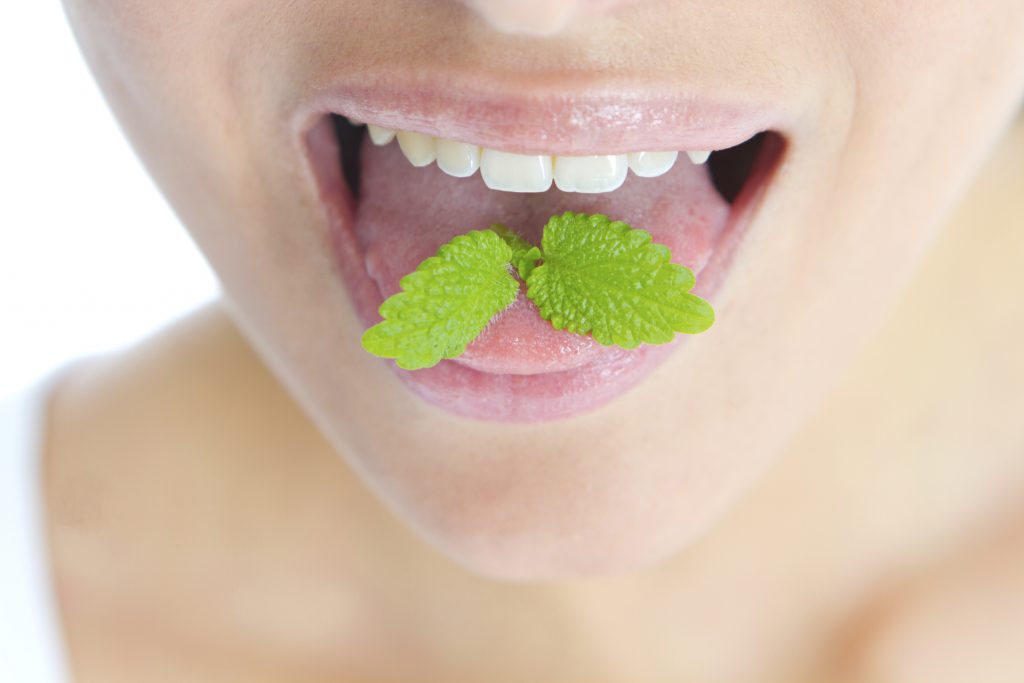The longevity of your veneers can vary depending on how they are cared for. Here are some best practices for maintaining your veneers for years to come.
Avoid Unnecessary Force- Nail biting, chewing ice, and forceful brushing can break or dislodge a veneer; they can also be the reason your dentist recommended veneers to begin with. It’s important to make an effort to avoid these habits for the longevity of your veneers.
Good Oral Hygiene- Maintaining good oral hygiene such as regular brushing, flossing, and incorporating a mouthwash is great for your natural teeth and veneers. Veneers are placed along the gemlike to retain the appearance of being natural, so it’s important to keep your oral hygiene up to avoid a receding gemlike that may expose the veneer.
Limit Staining- Porcelain is a material that resists stains, but the dental cement used to keep them in place unfortunately is not. Coffee, tobacco, wine, and any other food and beverage that may stain your teeth will stain the cement over time. Eventually, if not properly cared for along the way, the cement will become discolored and look odd against your veneers – or even start to make your veneers look discolored by association.
Stop Clenching and Grinding- This bad habit is a great way to chip or break your veneers over time. Bruxism, or the grinding of teeth at night, can be avoided by incorporating a night guard when you sleep. Reducing stress or finding alternative means to clenching your teeth will also go a long way in maintaining your new pearly whites.
If you would like to find out more about veneers or how to improve your oral care routine, contact Dr. Gamarnik at 714-842-5626 to schedule a consultation or visit www.hbadvanceddentalspecialists.com for additional information.
Dr. Rudy Gamarnik proudly serves Huntington Beach and all surrounding areas.





